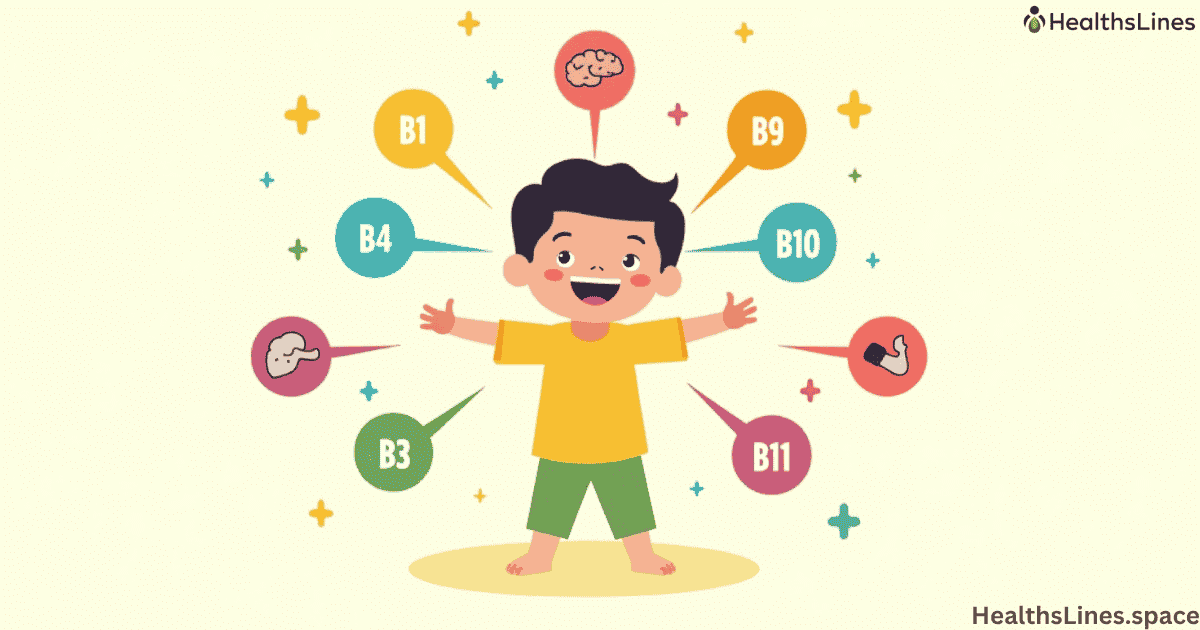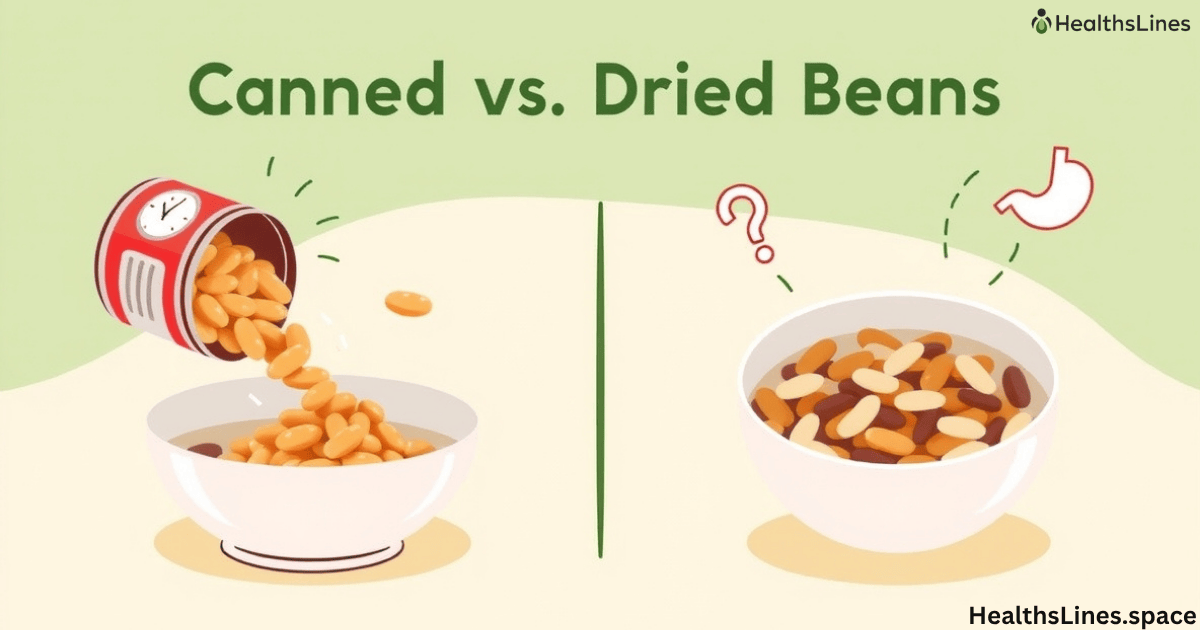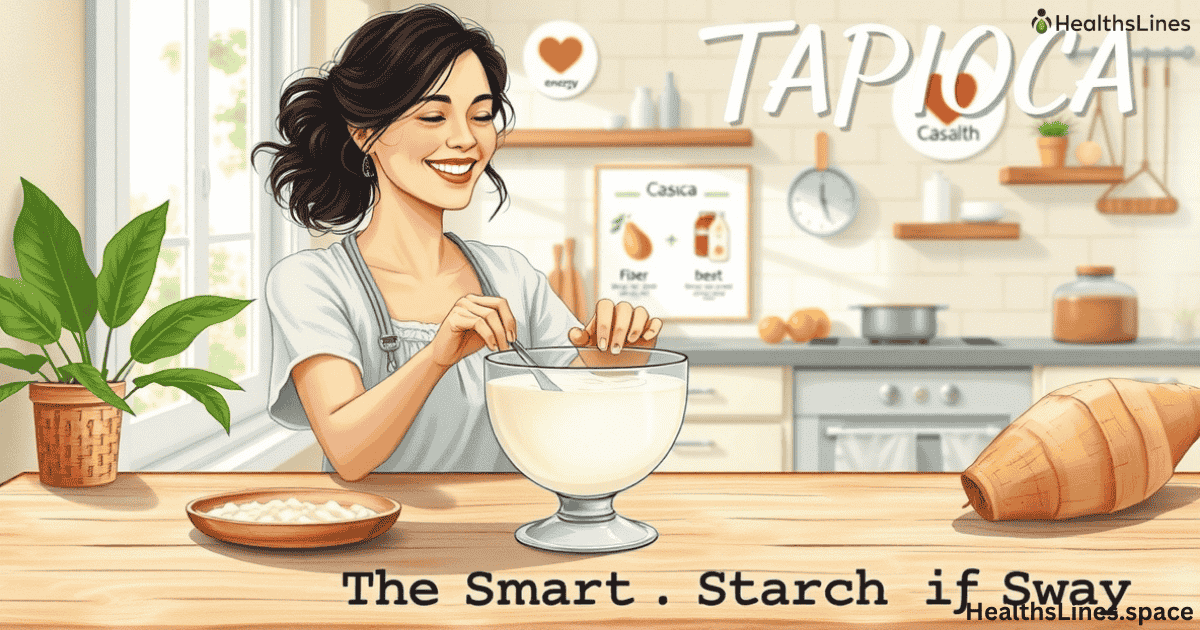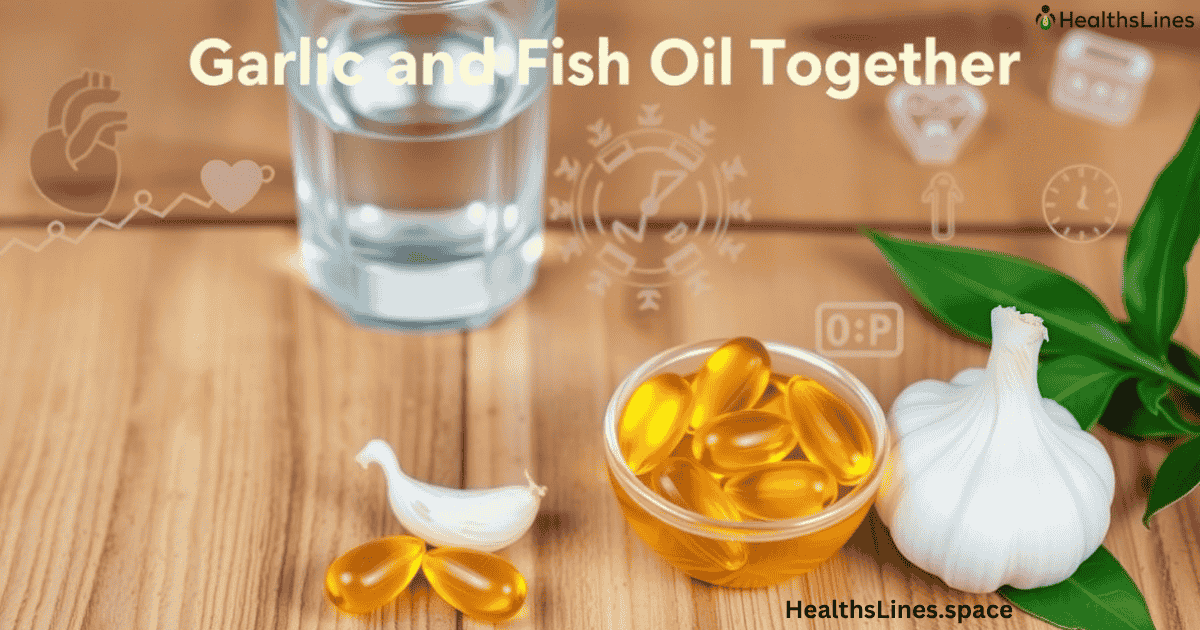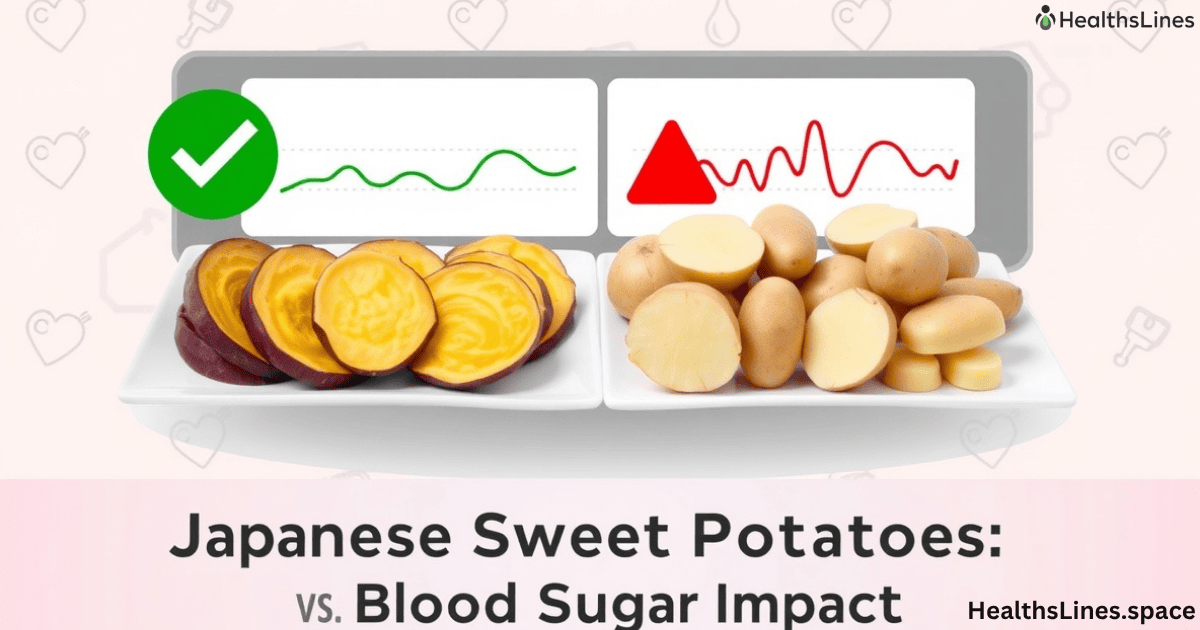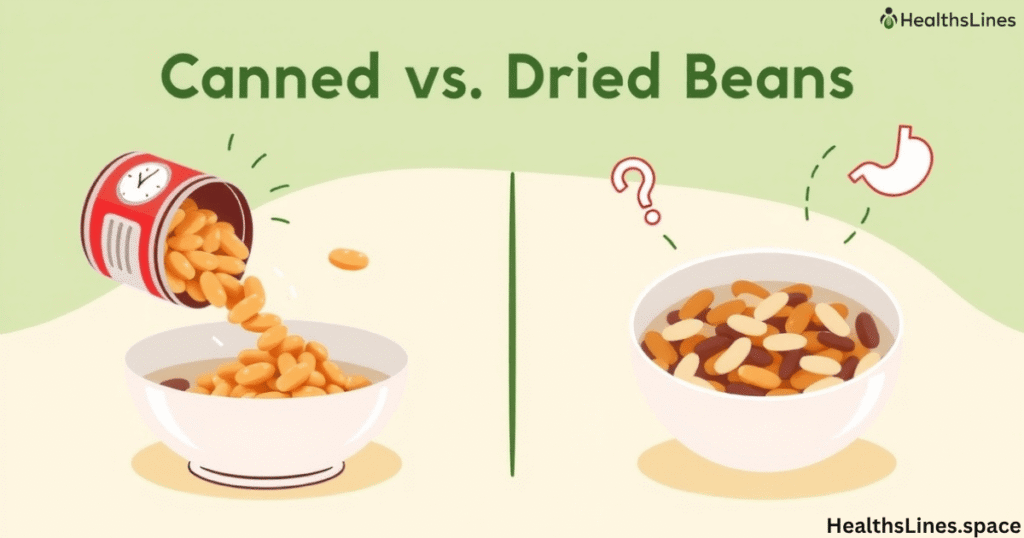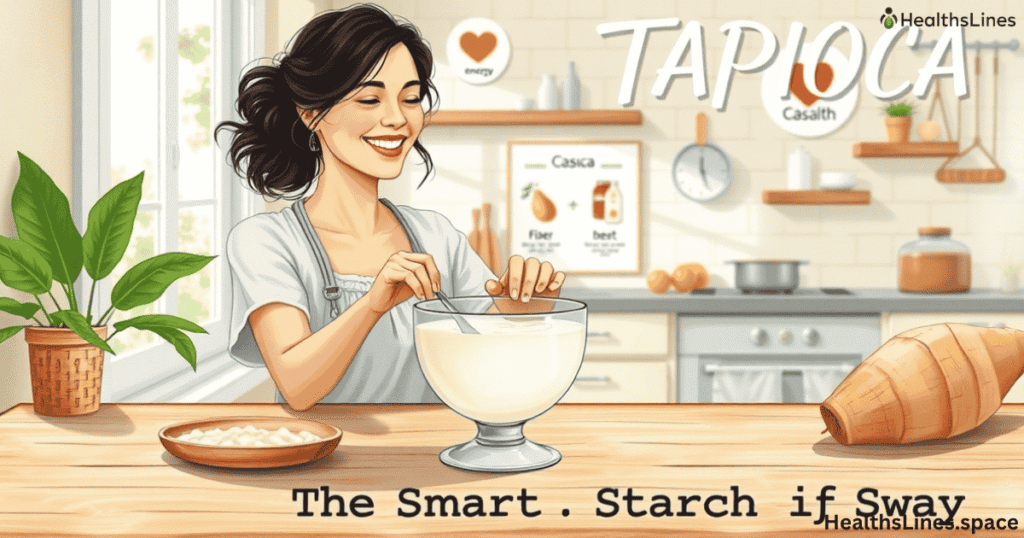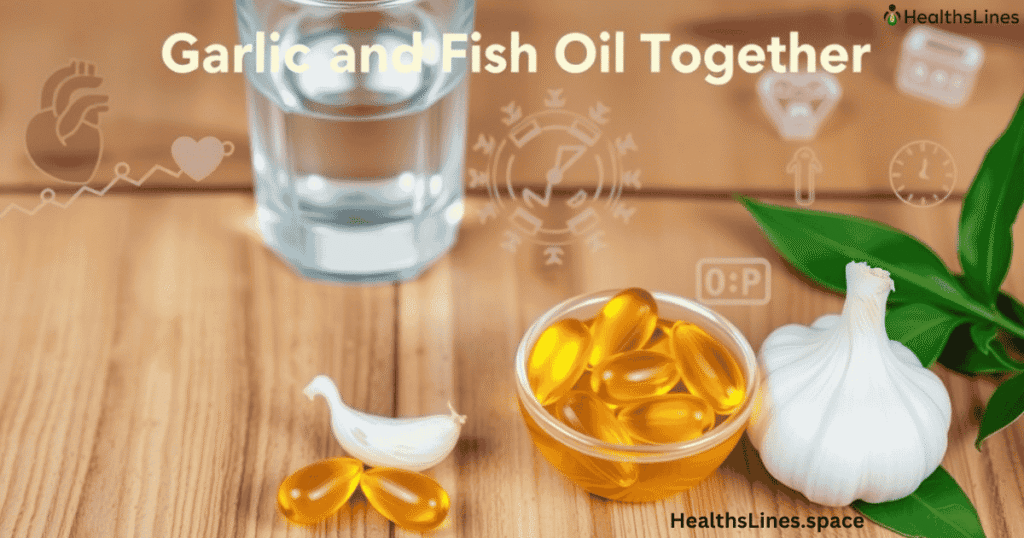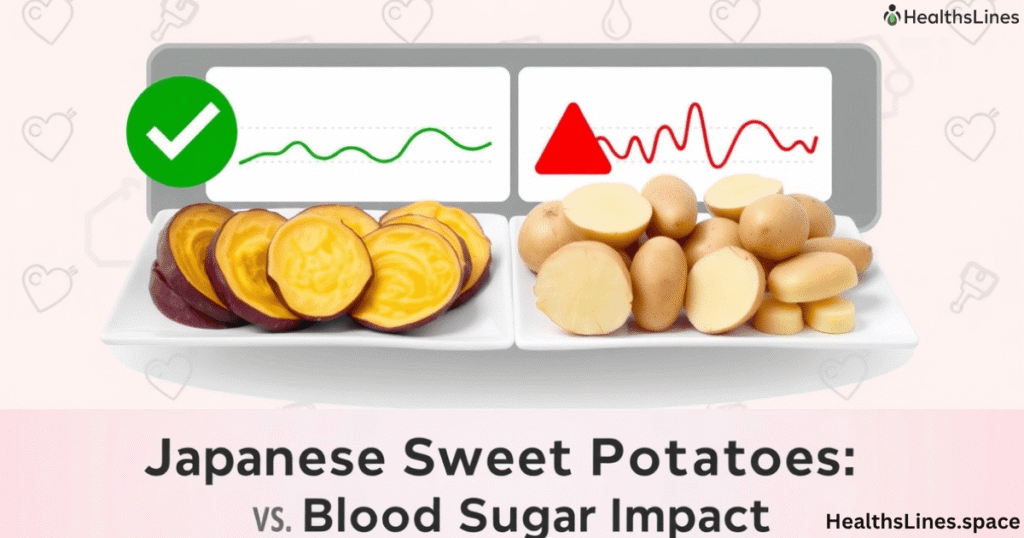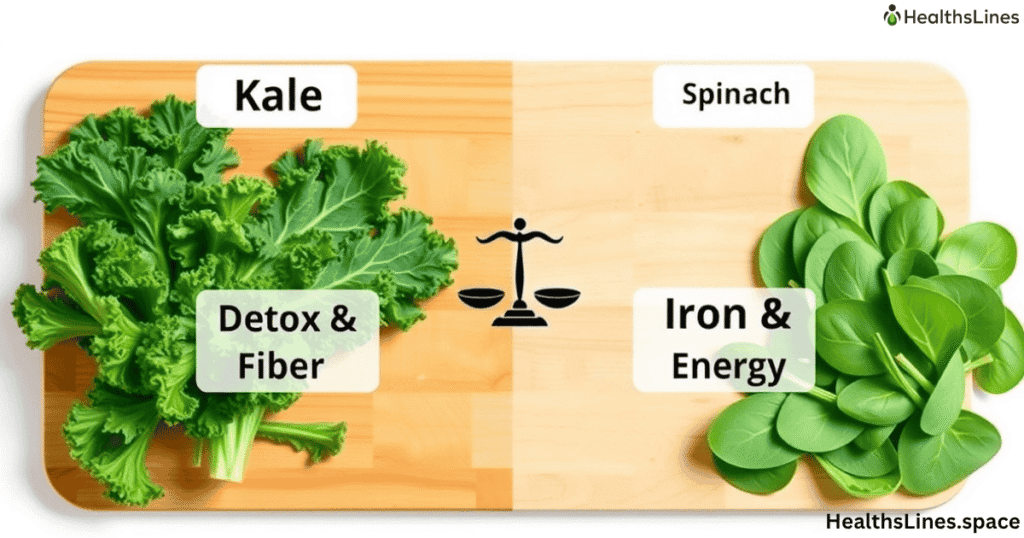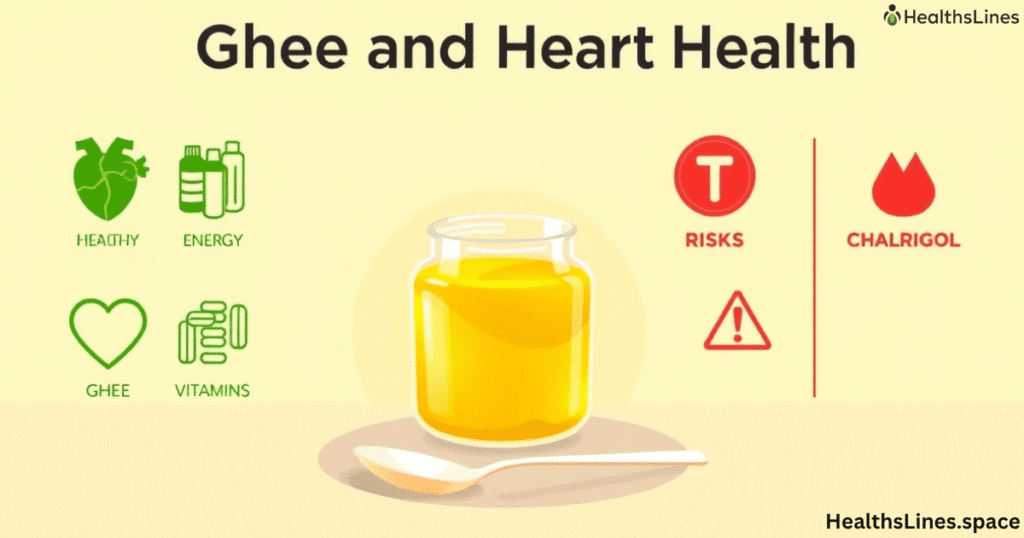What Are B Vitamins?
B vitamins are a group of eight essential nutrients that help your body work properly. These B-complex vitamins support your brain, energy levels, nerves, skin, and more. Each type of B vitamin plays a different role in your body. From making energy to forming red blood cells, they keep your organs and systems running well.
Many people get enough B vitamins from food. But some people may need extra help from B-complex supplements or multivitamins. Deficiencies can lead to problems like tiredness, confusion, or even nerve damage. Let’s take a closer look at all 10 types of B vitamins and how they help you stay healthy.
1. Vitamin B1 (Thiamine)
Vitamin B1, also called thiamine, helps your body turn food into energy. It plays a key role in your metabolism and keeps your heart and nerves working. It’s especially important for your brain and helps prevent beriberi, a disease caused by a vitamin B1 deficiency.
You can find vitamin B1 in whole grains, nuts and seeds, legumes, pork, and fortified cereals. People who drink a lot of alcohol or have digestive problems may not absorb enough thiamine. This can lead to fatigue, muscle weakness, and confusion.
2. Vitamin B2 (Riboflavin)
Vitamin B2, or riboflavin, plays a central role in your body’s ability to convert food into usable energy. It acts as a helper for enzymes that break down carbohydrates, proteins, and fats. Riboflavin also contributes to red blood cell production and helps maintain healthy skin, eyes, and nerves. It acts as an antioxidant, protecting your cells from damage caused by free radicals. Since your body doesn’t store it, you need a steady intake through food or B-complex supplements.
You’ll find riboflavin in a variety of everyday foods, especially milk, eggs, green vegetables, almonds, meat, and fortified grains. People with limited dairy intake or certain health conditions may be at risk of deficiency. Signs of vitamin B2 deficiency include cracked lips, swollen tongue, dry skin, fatigue, and even anemia. In severe cases, low riboflavin can impair the metabolism of other B vitamins, such as B6 and niacin, affecting overall energy and health.
3. Vitamin B3 (Niacin, Nicotinic Acid, Nicotinamide)
Vitamin B3, also known as niacin, nicotinic acid, or nicotinamide, helps your body convert food into energy. It also supports your nervous system, digestive health, and skin function. Niacin also plays a role in lowering bad cholesterol and improving blood fat levels.
Good food sources of niacin include meat, poultry, fish (like tuna and salmon), whole grains, legumes, and peanuts. A lack of vitamin B3 can lead to pellagra, which causes skin problems, diarrhea, and mental confusion. Too much niacin, however, may lead to flushing or liver damage.
4. Vitamin B5 (Pantothenic Acid)
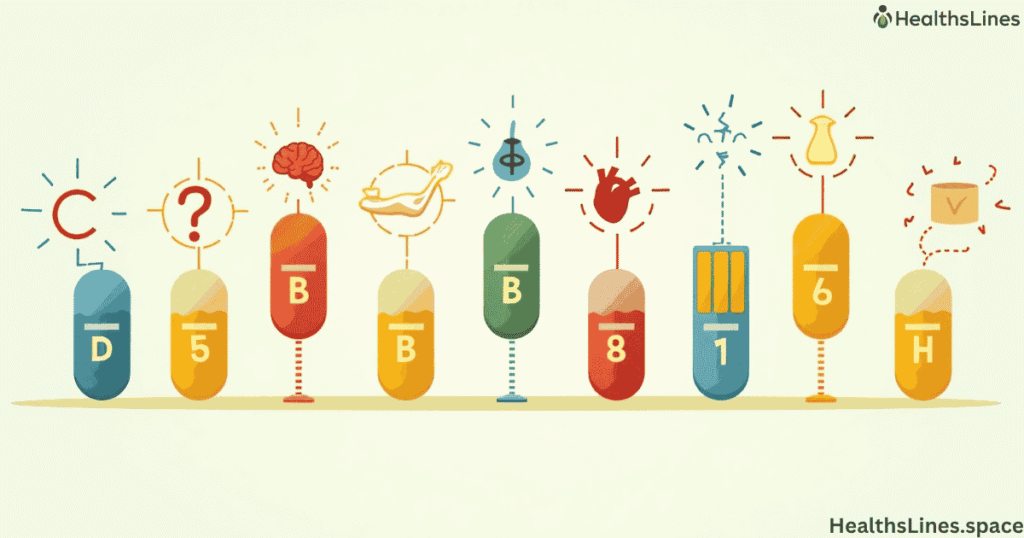
Vitamin B5, better known as pantothenic acid, plays a key role in turning the food you eat into energy. It helps your body create coenzyme A, a vital substance that supports the breakdown of fats and carbohydrates. This B vitamin is also involved in making red blood cells and producing stress-related hormones in your adrenal glands. Without enough pantothenic acid, your cells can’t properly function, and your body may struggle with fatigue or low immunity.
You can find vitamin B5 in many everyday foods. The richest sources include avocados, chicken, beef, egg yolks, whole grains, legumes, and mushrooms. Because it appears in so many foods, serious deficiency is rare. But if it does occur, symptoms can include numbness, burning sensations in the hands or feet, irritability, and digestive issues. Pantothenic acid is water-soluble, so your body doesn’t store it. That means you need to get enough of it daily through diet or B-complex supplements.
5. Vitamin B6 (Pyridoxine, Pyridoxal, Pyridoxamine)
Vitamin B6, which includes forms like pyridoxine, pyridoxal, and pyridoxamine, helps with over 100 enzyme reactions in the body. It supports brain health, helps make neurotransmitters, and plays a part in red blood cell production. It also helps balance homocysteine levels, which is important for heart health.
You get vitamin B6 from chicken, turkey, fish, bananas, potatoes, and fortified grains. Low levels may lead to irritability, depression, anemia, or nerve problems. High doses over time can cause nerve damage, so you should follow the RDA for B vitamins unless advised by a doctor.
6. Vitamin B7 (Biotin)
Biotin, also known as vitamin B7, helps your body use fats, proteins, and carbohydrates. It supports skin and hair health, which is why it’s often included in beauty supplements. It also plays a role in gene regulation and cell signaling.
You can get biotin from eggs, nuts, seeds, sweet potatoes, and dairy products. Cooking eggs too much or eating raw egg whites may block biotin absorption. Signs of biotin deficiency include hair loss, rashes, brittle nails, and depression.
7. Vitamin B9 (Folate, Folic Acid)
Vitamin B9 includes both folate (natural form) and folic acid (synthetic form found in supplements). It helps with DNA synthesis, cell division, and red blood cell production. It’s especially vital for prevent neural tube defects in babies.
Foods rich in vitamin B9 include leafy greens, legumes, avocados, oranges, and fortified cereals. Deficiency may cause anemia, fatigue, irritability, or poor brain function. Some people have trouble processing folic acid and need methylated B vitamins instead.
8. Vitamin B12 (Cobalamin, Cyanocobalamin, Methylcobalamin)
Vitamin B12 includes forms like cobalamin, cyanocobalamin, and methylcobalamin. It helps keep your nerves healthy, makes DNA, and supports red blood cell formation. It also needs a protein called intrinsic factor to be absorbed by your body.
You mostly find vitamin B12 in meat, dairy, eggs, and fish, so vegans and vegetarians often need vitamin B12 for vegans in supplement form. Without enough B12, you may develop pernicious anemia, nerve damage, depression, or confusion. Older adults may also struggle with absorption issues.
9. Vitamin B4 (Choline)
Though not always listed in the B-complex vitamins, choline is essential. It supports brain health, liver function, and helps your body transport fats. It also supports mood, memory, and muscle movement.
You get choline from eggs, beef liver, salmon, milk, and peanuts. Many people don’t get enough choline daily. A shortage may lead to fatty liver, muscle damage, or memory issues.
10. Vitamin B8 (Inositol)
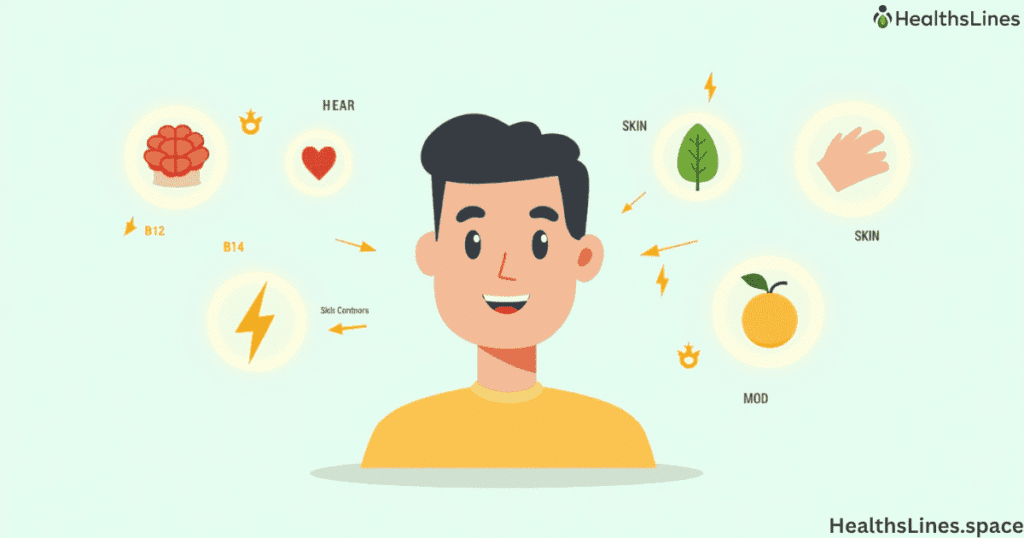
Inositol, also known as vitamin B8, plays a key role in how your body handles insulin, mood signals, and nerve function. While it’s not officially a B vitamin, it’s often grouped with them due to its similar effects and presence in B-complex supplements. Inositol supports how your brain uses serotonin, a chemical linked to feeling happy and calm. It also helps regulate hormones, which is why many people with PCOS (polycystic ovary syndrome) or anxiety use it. Some studies show that inositol can improve mental clarity, mood, and blood sugar response.
You can find inositol naturally in fruits, beans, grains, and nuts. Your body also makes it, but some people need more, especially if they deal with hormonal imbalances or metabolic issues. Supplements are often used to support emotional balance and nerve health. Inositol is generally safe, with few side effects, and can be a helpful addition to daily wellness routines.
Table: B Vitamins Summary
| B Vitamin | Other Names | Key Functions | Food Sources | Deficiency Signs |
| B1 | Thiamine | Energy, nerves | Pork, grains | Fatigue, confusion |
| B2 | Riboflavin | Skin, red blood cells | Milk, greens | Cracks, anemia |
| B3 | Niacin | Cholesterol, brain | Meat, grains | Pellagra |
| B5 | Pantothenic Acid | Hormones, coenzymes | Avocados, eggs | Numbness, irritability |
| B6 | Pyridoxine | Brain, blood | Bananas, fish | Depression, nerve issues |
| B7 | Biotin | Hair, skin, nails | Eggs, seeds | Hair loss, rash |
| B9 | Folate | DNA, pregnancy | Greens, legumes | Anemia, birth defects |
| B12 | Cobalamin | Nerves, DNA | Meat, dairy | Anemia, confusion |
| B4 | Choline | Brain, liver | Eggs, peanuts | Fatty liver, memory issues |
| B8 | Inositol | Mood, hormones | Beans, nuts | Mood swings, PCOS support |
Who Needs More B Vitamins?
Some people are more likely to need extra B-complex vitamins. These include:
People with malabsorption issues like Crohn’s disease or celiac disease may not absorb B vitamins well. Vegans and vegetarians often miss out on vitamin B12 because it’s found in animal foods. Older adults may have low intrinsic factor, which affects B12 absorption. People with alcohol use may lose B vitamins due to liver strain.
If you’re under high stress, have a digestive disorder, or take medications that interfere with B vitamin absorption, you may also benefit from supplements.
Can You Get Too Much?
Most B vitamins are water-soluble, which means your body flushes out extra amounts. But too much of certain types can cause problems. For example, high doses of niacin can lead to liver issues. Too much vitamin B6 can cause nerve damage if taken long-term.
It’s best to stick with the RDA for B vitamins and check the upper limits on supplement labels. If you’re unsure, talk to a doctor about the right vitamin dosage for your body.
Conclusion
Each of the 10 types of B vitamins plays a big role in your health. From helping your brain work better to boosting energy and making red blood cells, B vitamins are essential every day. You can get most of them from food like leafy greens, meat, eggs, fish, and whole grains. But if you fall into a higher-risk group, consider taking B-complex supplements or multivitamins with bioavailable B12 or methylated B vitamins.
If you’re feeling tired, moody, or have skin issues, it might be time to look at your vitamin intake. Always eat a balanced diet and speak with a health provider if you think you might have a B vitamin deficiency.
